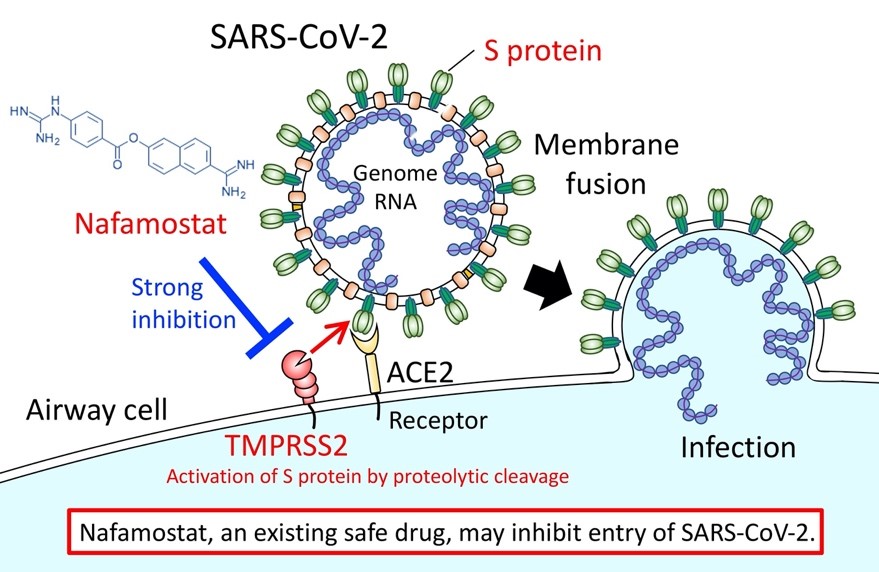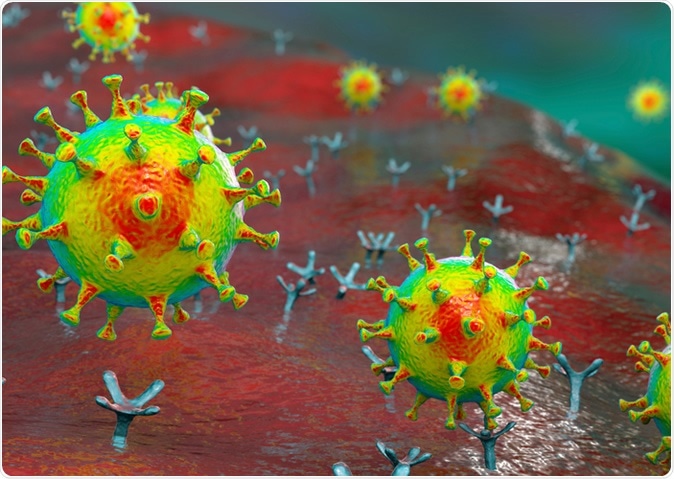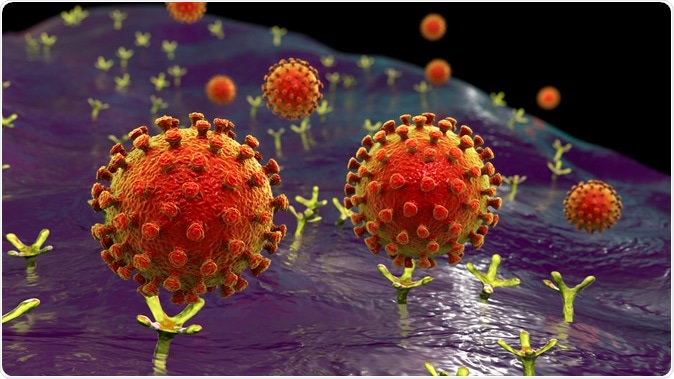bkp_duke
Well-Known Member
What are the thoughts on taking an anti inflammatory like naproxen, acetaminophen, etc.? Or anything else?
My wife and I avoided them last night, and were willing to deal with up to 24h of fever and body aches because we didn't want anything to mute the immune response. I did, however, take a single Tylenol this AM for my headache because I need to be lucid for work.
Overall, I don't think they will be a substantial difference and if someone is miserable, I would rather they take an anti-inflammatory than not get the vaccine at all.






